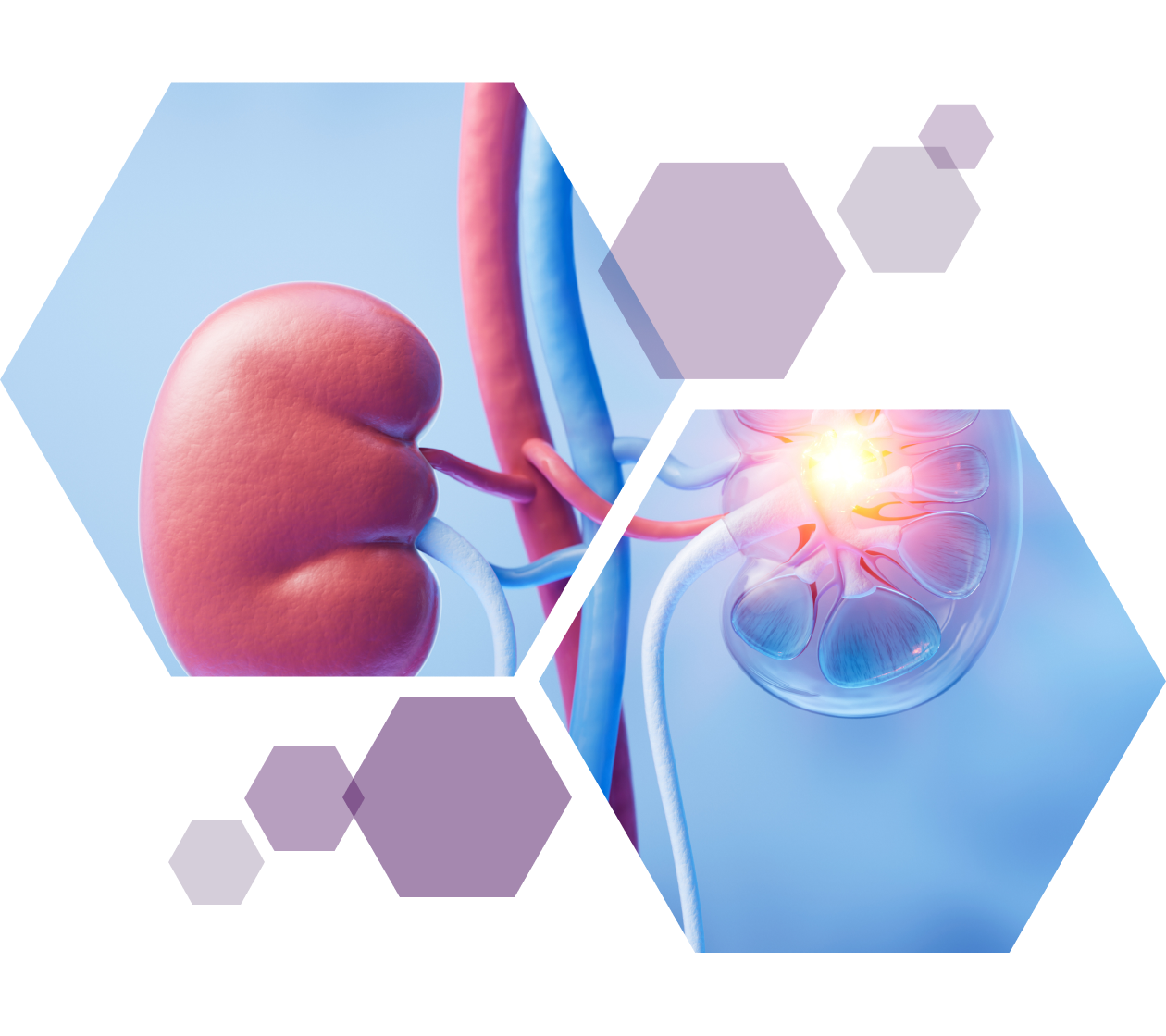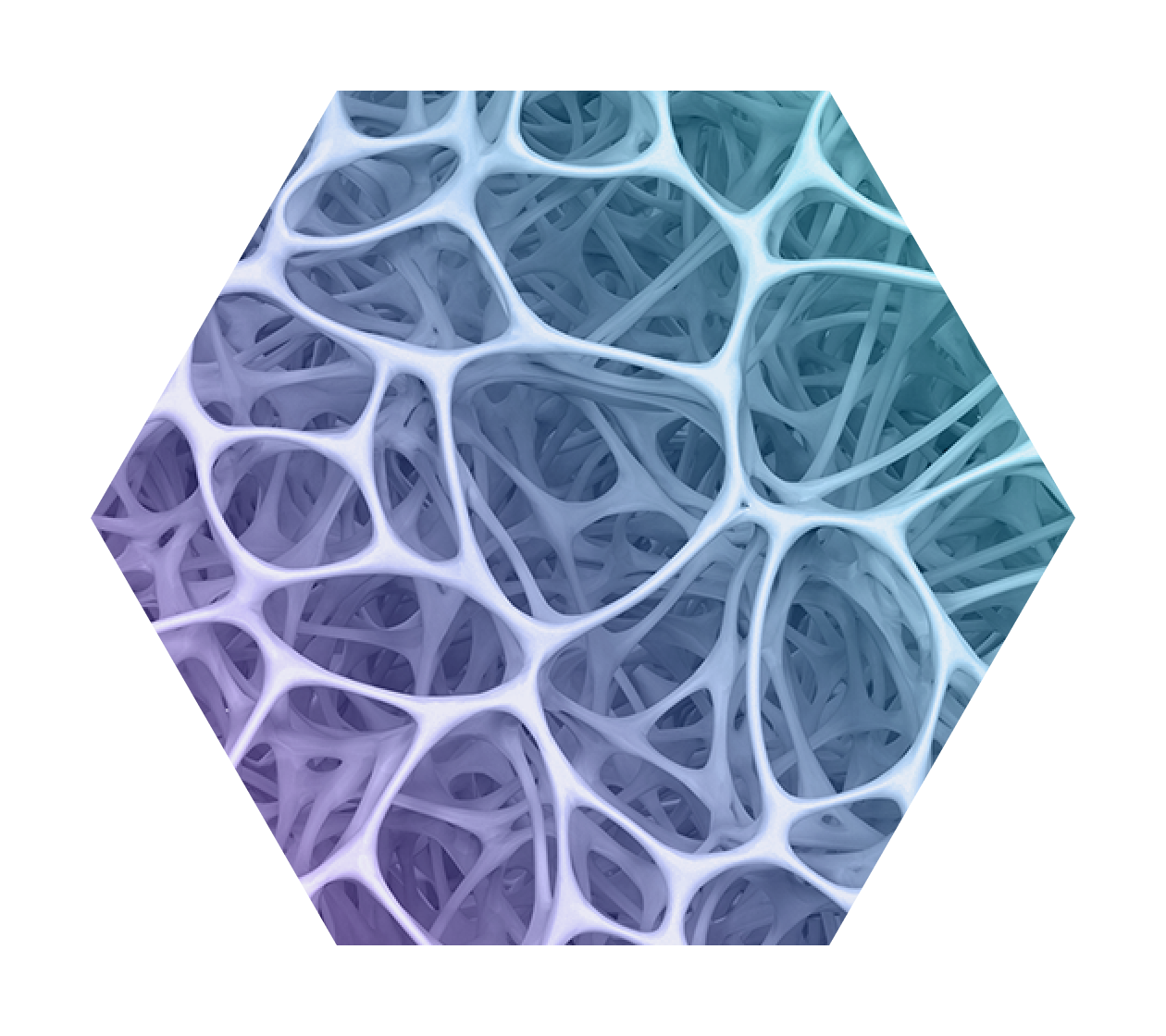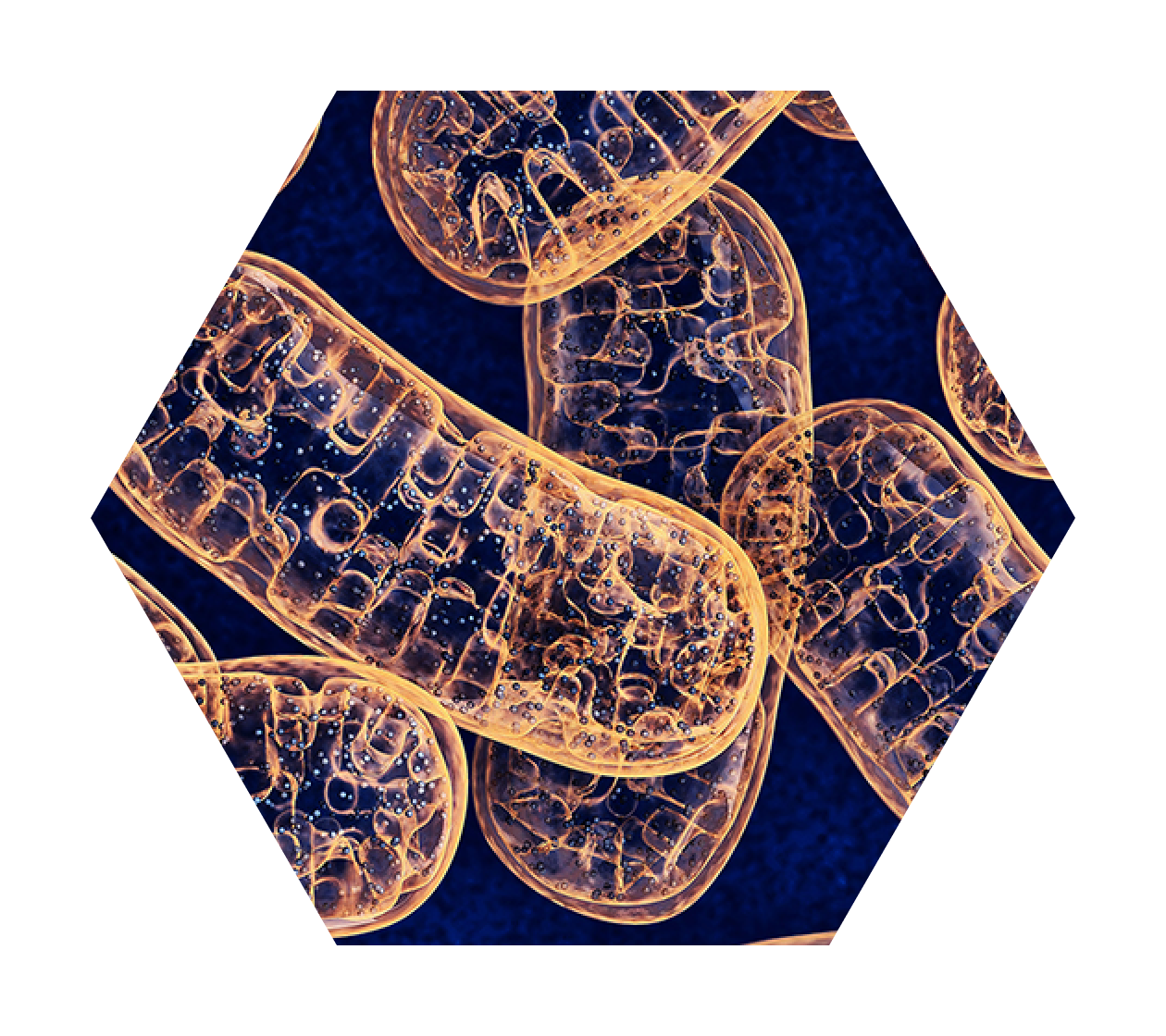
Our focus
Turning overlooked opportunities into smarter solutions
Despite its widespread prevalence, kidney disease rarely takes center stage in medical innovation. For those who are diagnosed, treatment options remain limited, outdated, and inadequate. At Unicycive, we’re changing that. We focus on kidney health because patients deserve better—better options, better outcomes, and better quality of life.
It’s the 8th leading cause of death in the U.S., yet it remains largely overlooked. This hidden crisis requires urgent attention.1

Kidney disease isn’t rare—it’s a major public health issue affecting an estimated 35.5 million U.S. adults.1

Kidney disease develops quietly, with few noticeable symptoms in its early stages. By the time symptoms appear, treatment options become more limited.1
Diabetes and hypertension are the most common causes of CKD, contributing to 2 of 3 new cases of kidney failure.1
Redefining kidney health
Our pipeline covers a multi-faceted approach to developing better kidney disease therapies, targeting two serious conditions that affect kidney health. By spotting what others have missed and reimagining what’s possible, we’re working to bring life-changing solutions to market across the full kidney disease landscape.


Hyperphosphatemia
Hyperphosphatemia is a condition characterized by elevated levels of phosphate in the blood, most commonly seen in patients with chronic kidney disease (CKD), especially those on dialysis. Healthy kidneys help regulate phosphate levels by filtering excess amounts out of the bloodstream, but when kidney function declines, phosphate builds up, leading to serious health complications. Excess phosphate can contribute to bone weakening, cardiovascular disease, and increased mortality risk. Managing hyperphosphatemia typically requires a combination of dietary restrictions, phosphate binders, and dialysis to help control levels and prevent long-term damage.
Effective treatment is essential to improving quality of life and reducing complications for patients with kidney disease, but existing therapies on the market each come with significant tradeoffs.2
Oxylanthanum Carbonate (OLC), our lead asset, presents a potential best-in-class profile that could offer meaningful patient benefits without compromise.3
Acute Kidney Injury (AKI)
Acute Kidney Injury (AKI), also known as acute kidney impairment, is a sudden decline in kidney function that occurs over hours to days, leading to a buildup of waste, fluid imbalances, and electrolyte disturbances in the body. AKI can be caused by various factors, including severe infections, dehydration, certain medications, or reduced blood flow to the kidneys due to injury or illness. AKI can be reversed if detected and treated promptly, but in severe cases, it can lead to long-term kidney damage or failure. Early diagnosis and intervention are critical to restoring kidney function, preventing complications, and improving patient outcomes.
There are currently no available therapies for AKI, yet. Our asset, UNI-494, is a patented pro-drug of nicorandil which is currently in development for the treatment of AKI.

Our vision
A world where each of our promising therapies make it into the hands of patients in need.

References
1. National Kidney Foundation. Kidney disease facts. Published August 6, 2024. Accessed February 6, 2025. https://www.kidney.org/about/kidney-disease-fact-sheet 2. Floege J. Phosphate binders in chronic kidney disease: an updated narrative review of recent data. J Nephrol. 2020 Jun;33(3):497-508. 3. Data on file. Unicycive Therapeutics, Inc. 2024